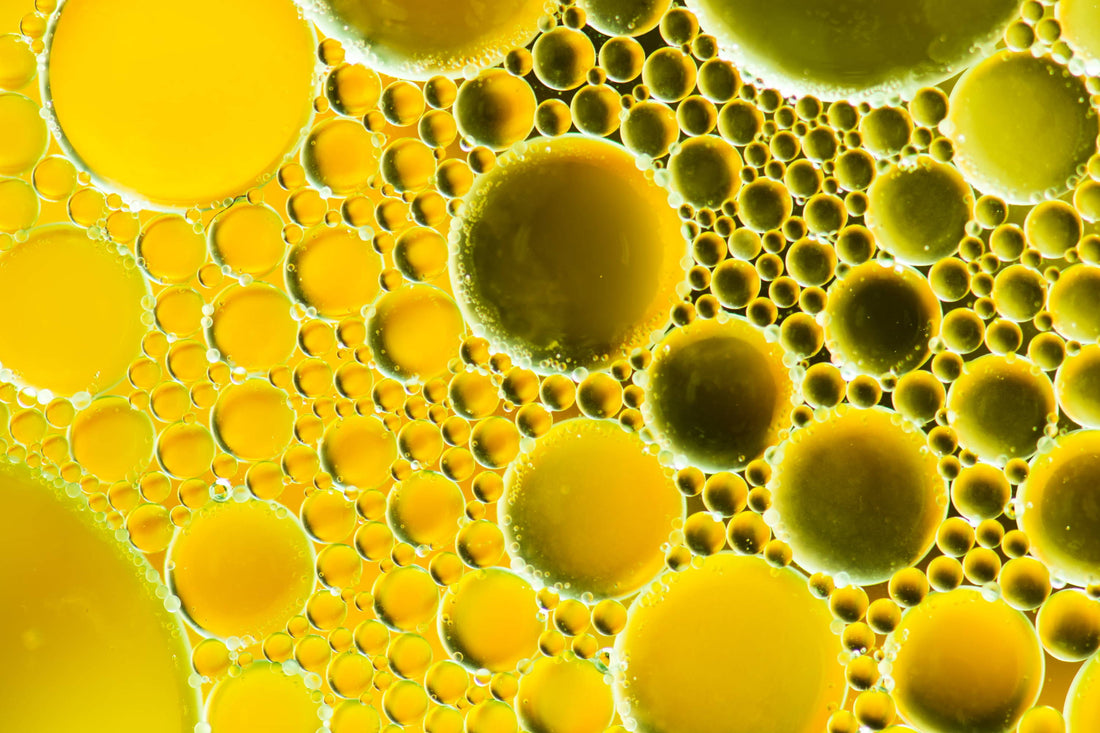Let’s talk about Retinol. Skincare enthusiasts rave about it. Dermatologists have sworn by it for decades. But does Retinol deserve all the hype? We’re here to tell you that, YES, it does . . .
Retinol is one of the most effective over-the-counter ingredients in cosmetic dermatology. It’s a ‘superhero’ product because of its multitasking benefits and ability to deliver dramatic visible improvements.
Let’s explore how you choose the right Retinol for your unique skin physiology.
What is Retinol?

Retinoids is the umbrella term for a large family of Vitamin A derivatives, including Retinol. The cells in your skin are equipped with Retinoid receptors that encourage cell turnover and support collagen production. Retinoids are scientifically proven to improve skin tone, texture, smooth lines and wrinkles, and help minimize the formation of acne.
There are two different categories of Retinoids and they vary in effectiveness and speed of results.
Retinoic Acid first became popular more than 30 years ago as an effective acne treatment. Soon after, doctors and patients noticed additional benefits, ones with an enormous impact on those who were looking for a way to keep skin younger, vibrant and smooth. With regular use of Retinoic Acid, the benefits are numerous. However, if not used correctly, can cause potential side effects, like redness, dryness and irritation.
Retinol is a natural form of Vitamin A. When applied to the skin, retinol converts to Retinoic Acid on the cellular level. With consistent use, Retinol results are comparable to Retin-A, yet is gentler on the skin.
When it comes to picking a retinoid, you should always look for Retinol in its purest form. Retinol derivatives, like Retinyl Palmitate and Retinyl Acetate, are much easier to formulate but are significantly less potent than Retinol. So check your label.

Wrinkle & Radiance Remedy is the Core treatment in the MD Complete skin rejuvenation line. This dermatologist-grade treatment uses a proprietary blend of highly potent actives, including Advanced NanoActive HA TM (Hyaluronic Acid) and is formulated with Retinol levels up to 12x higher than typical department store brands. All working together to visibly improve lift, firmness and crepey skin without the irritation commonly associated with in-office retinoids.
How does Retinol work in synergy with Vitamin C?
Combining Retinol with professional Vitamin C boosts results and helps support the skin against environmental aggressors.
But did you know that there are many forms of Vitamin C? Common forms, like l-Ascorbic Acid, can cause sensitivity. Most Vitamin C variants are also water-soluble, which means they do not easily penetrate the skin. By contrast, Tetrahexyldecyl Ascorbate (THD) is the most potent form of Vitamin C available on the market. THD is an oil-soluble version of Vitamin C that is extremely stable compared to l-Ascorbic Acid. It is known for its exceptional ability to penetrate the skin, and for being more gentle, making it ideal for sensitive skin.
For visible signs of aging, Wrinkle & Radiance Remedy is formulated with pure retinol and a 30% higher concentration of THD, which work beautifully together to deliver smooth, firm and glowing skin.
To boost skincare results up to 20% in 2 weeks, add MD Complete Retinol Vitamin C Concentrate to your routine. It’s what fans call liquid gold because it restores a refined, bright and healthy looking complexion with pure Retinol—up to 10x higher levels than department store products—along with advanced Vitamins C + E, Omega 3-6-9s, and Phytonutrients.
For more acne-prone skin, we recommend MD Complete Citrus-C Healthy Complexion. Formulated with Retinol and a blend of Vitamins B, C and E. This multitasking formula effectively eliminates breakouts, diminishes the look of post-acne marks, and smooths skin tone and texture.
What’s my order of application?
The rule of thumb here is to apply the lightest to heaviest. This would be your hydro gels first after cleansing and drying the skin, followed by your treatments (Wrinkle & Radiance Remedy), boosters (Retinol Vitamin C Concentrate) and then sunscreen.
Is Retinol safe in the sun?
One of the greatest myths about Retinol is that you should only apply it at night. It’s true that Retinol makes your skin more sensitive to sun exposure, BUT professional Retinol only takes about 15 minutes to be fully absorbed into the skin, so it’s not just sitting on the surface of your skin. As long as you are using a UVA/UVB sunscreen SPF 30+ (which you should be using on a daily basis with or without retinol), you can use Retinol in the morning, evening or both
Is Retinol ok for sensitive skin?
For sensitive skin, begin by applying one to two pea-sized amounts once every couple of days to see how your skin reacts. After a short time, you can increase to daily use, then twice daily use for best results.
How do I keep my skin's moisture barrier intact while using Retinol?
MD Complete initially developed skin-nourishing formulas for chemotherapy and radiation therapy patients with weakened skin moisture barriers. That’s why MD Complete products are formulated with nutrient-dense ingredients that help maintain a healthy skin barrier for sustainable and consistent results. This includes Vitamin E, as Tocotrienol, which is an extremely important ingredient for nourishing the skin barrier. Plus, Carotenoids derived from fruit seed extracts are also immensely beneficial to the moisture barrier.
When should I start using Retinol?
As soon as possible! When compared to people who never used Retinol, those who started using in their teens, and continued into their 40s, tend to have firmer skin with less signs of aging.
With so many ways to benefit from Retinol, now is the right time to incorporate it into your skincare plan!

